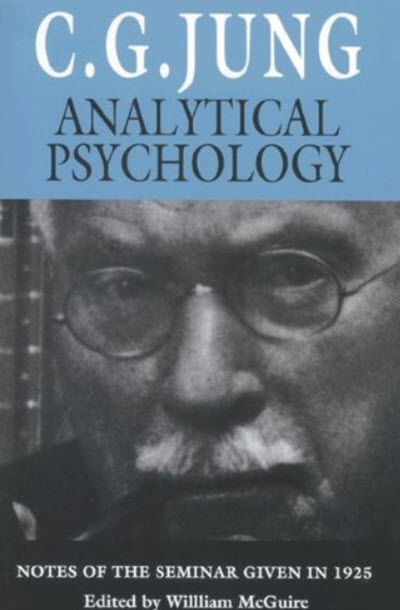Contents
Analytical psychology, also known as analytic psychology and Jungian psychology, is a school of psychotherapy based on the ideas of Carl Gustav Jung. Analytical psychology puts an emphasis on the individual psyche and the individual’s quest for wholeness.
Analytical psychology is not the same as the psychotherapeutic system known as psychoanalysis. (Psychoanalysis was created by Sigmund Freud.)
 The psychiatrist Dr Carl Gustav Jung had a medical degree from the University of Basel, but did not believe that natural science was the only way to gain an understanding of the human psyche. According to him, the world of dream, myth and folklore was a more promising road to gain a deeper understanding.
The psychiatrist Dr Carl Gustav Jung had a medical degree from the University of Basel, but did not believe that natural science was the only way to gain an understanding of the human psyche. According to him, the world of dream, myth and folklore was a more promising road to gain a deeper understanding.
Examples of Jungian disciples who have investigated and elaborated on analytical psychology during and/or after Jung’s active worklife are Marie-Louise von Franz, Toni Wolff, Anthony Stevens, Aniela Jaffé, Erich Neumann, Jolande Jacobi, and James Hillman.
Examples of key concepts in analytical psychology
- Individuation
- The Self
- The Persona
- The Shadow
- The collective unconscious
- The personal unconscious
- Archetypes
- Complexes
- Anima and Animus
- Extroversion and Introversion
Neurosis
According to Jungian psychology, neurosis stems from a disharmony between the individual’s personal unconsciousness and the individual’s higher Self.
The Self is, as defined by Jung, the archetype of wholeness and the regulating centre of the psyche.
By bringing conscious awareness to unconscious elements as they “surface” into consciousness, a person can integrate those formerly unconscious elements into the consciousness.
Adaptation
Jung saw the human psyche as a self-regulating adaptive system. If the adaptation is thwarted, psychic energy gets blocked, and this can manifest in neurosis and/or psychosis. Neurosis can in turn result in mental issues such as depression, anxiety and personality disorders.
The human psyche, as described by Jung, is deep and complex, and capable of forming complexes that can impact ones personality. Jung proposed that complexes are formed through maladaptation to one’s external or internal realities.
Adaptation, compensation and projection are all central processes in Jung’s view of how the psyche can adapt.
Jungian psychotherapy
The aim of Jungian psychotherapy is to help the client re-establish a healthy relationship with their unconscious.
The analysis is seen as a method for experiencing and integrating unknown material from the unconscious. Throughout analysis, there will be quest for understanding the meaning of behaviours, events and symptoms.
Dream analysis and free association are common elements in Jungian psychotherapy.
A notable difference between Jungian psychotherapy and Freudian psychoanalysis is that Freud assumed that repressed material in the unconscious was always caused by repressed sexual instincts, while Jung had a much more general approach with less focus on sex. With Jung, there was no preconceived assumption about the nature of the unconscious material. It could represent repressed sexual drives, but just as well signify repressed fears, repressed aspirations, etcetera.